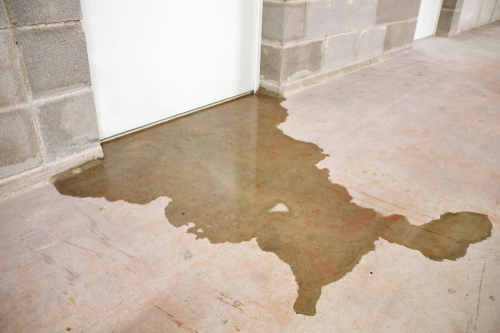
Introduction
In a case of first impression, the United States District Court for the District of Columbia (applying Illinois law) rejected a LEG3 exclusion as ambiguous. See S. Capitol Bridgebuilders “SCB” v. Lexington Ins. Co., 2023 U.S. Dist. LEXIS 176573 (D.D.C. Sep. 29, 2023). The London Engineering Group (“LEG”) is a consultative body for insurers of engineering class risks. Nearly 30 years ago, LEG introduced a series of defects exclusions, including LEG1, LEG2, and LEG3 (which was revised in 2006). Each provides increasing levels of coverage, with LEG3 being the broadest. Generally, while preserving some coverage, LEG3 purports to exclude costs incurred to improve defects of “material workmanship, design, plan, or specification.” Until now, despite frequent usage in builder’s risk policies internationally, there has been a clear lack of judicial guidance relative to LEG3.
Read more ›About The Authors











